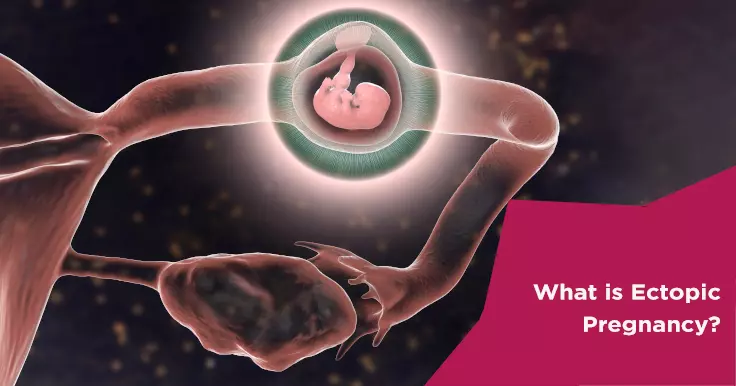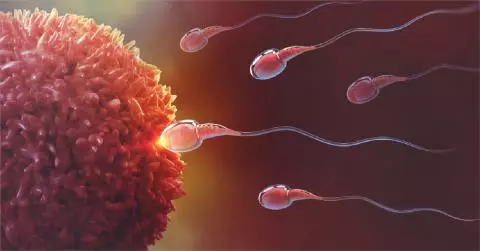What Is an Ectopic Pregnancy?

Ectopic pregnancy signifies the implantation of a fertilised egg out of place or at a different place other than the uterine wall. Ectopic pregnancy is a complication found in women where the embryo attaches outside of the uterus such as the fallopian tube, cervix, ovaries, or even the abdomen. This condition can occur in women who have conceived through natural or assisted pregnancy (like surrogacy or in vitro fertilisation). It is diagnosed by the gynaecologist through ultrasonography, laparoscopy, etc.
Who is Prone to Ectopic Pregnancy?
In general, ectopic pregnancies occur in 2% of all pregnancies and 50% of such pregnancies happen in women for unknown reasons. It is also one of the most common causes of death in pregnant women who are in their first trimester. Women who are prone to the condition:
- Are in the age group of 35-44
- Those who experienced ectopic pregnancy previously
- Suffer from pelvic inflammatory disease
- Have gone through several induced abortions
- Have had earlier abdominal or pelvic surgery
- Suffer from endometriosis
- Chain smokers
- Have gone through fertility treatments or medication (rare cases scenario)
Types of Ectopic Pregnancy
In ectopic pregnancies, the embryo can attach to any other part except the uterus. Such a pregnancy is identified mostly between five and ten weeks of conceiving. The various types of ectopic pregnancy include:
Ovarian pregnancy: In this case, implantation of the embryo takes place in the ovary, especially in the cavity of corpus luteum. Severe internal bleeding occurs in such pregnancies.
Tubal pregnancy: When the egg implants itself in the fallopian tube and is unable to move to the uterus, this becomes the case of tubal pregnancy.
Cervical pregnancy: The embryo attaches to the cervix of a woman post fertilisation.
Heterotopic pregnancy: When there are two fertilisled eggs, one implanted in the uterus and the other outside of it, a condition of heterotopic pregnancy occurs.
Intra-abdominal pregnancy: In this case, the egg is fertilised and implanted in the peritoneal cavity. This type of ectopic pregnancy is diagnosed only during 16-20 week of gestation period.
 Infertility Counselling
Infertility Counselling Female Infertility Treatment
Female Infertility Treatment Andrology Treatment
Andrology Treatment Fertility Enhancing Surgeries - Female
Fertility Enhancing Surgeries - Female Fertility Enhancing Surgeries - Male
Fertility Enhancing Surgeries - Male Endoscopy Treatment
Endoscopy Treatment IUI Treatment
IUI Treatment IVF Treatment
IVF Treatment ICSI Treatment
ICSI Treatment Advanced IVF Solutions
Advanced IVF Solutions Embryology
Embryology Vitrification Egg, Embryo, Sperm Freezing
Vitrification Egg, Embryo, Sperm Freezing Preimplantation Genetic Testing (PGT)
Preimplantation Genetic Testing (PGT) Donation Program Embryo / Egg / Sperm
Donation Program Embryo / Egg / Sperm Self-cycleTM IVF
Self-cycleTM IVF

 Self-cycleTM IVF
Self-cycleTM IVF









